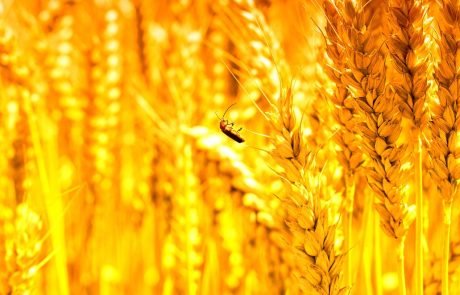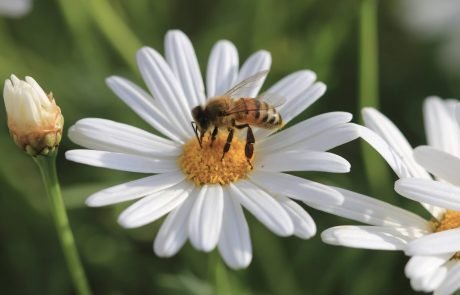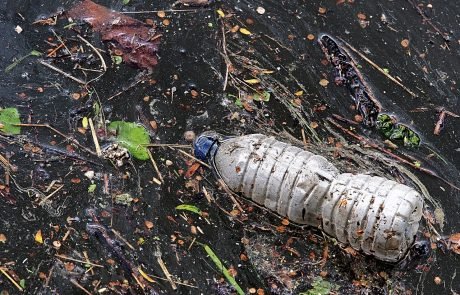Bumblebees don’t really have time to enjoy the beauty of the flowers. Instead, they just learn the minimum to be able to navigate around to find food, according to a
All posts in environment
Even honeybees know instinctively to use social distancing when their hive is under attack from a parasite, finds a new study published in Science Advances (1). A team involving researchers
Populations of large carnivores like wolves are expanding across Europe, but local communities need support to deal with the new neighbours, say researchers from the University of Leeds, UK. Some
Children from urban areas may be at a higher risk of obesity due to high levels of pollution, noise and traffic, according to a study published in the journal Environment
Weedkiller glyphosate blocks the symbiotic relationship between bacteria and insects, according to a new study published in Nature (1). Insects exposed to glyphosate no longer receive essential compounds, like amino
In 2019, we wasted an estimated 931 million tonnes of food, according to research conducted by the United Nations as part of an effort to find ways to halve food
Most bird watchers are not familiar with the concept of bird-friendly coffee or how this product can help bird populations, according to a study published in the journal People and Nature
In cities and towns, private home gardens are the most critical food source for pollinating insects, such as bees and butterflies, according to new research published in the Journal of
Fortified walls marking national borders are preventing hundreds of wild animals from migrating in an attempt to escape the effects of climate change, according to a paper published in the
We all know that littering is bad, but now scientists found that rubbish can actually have a positive effect on our waterways. In polluted urban rivers, invertebrates, like insects, snails









